Last Sunday, I achieved a significant milestone by earning my technician's license. As the title suggests, my passion lies in space and astronomy. This has led me to explore the fascinating world of amateur radio and its applications in studying the ionosphere, planetary phenomena, and satellites. If anyone has experience in these areas, I would love to hear about your endeavors and any valuable learning resources you might recommend. Additionally, if you know of any opportunities to use a radio telescope, that would be incredibly exciting.
Denver Astronomy Net
One of the first resources I've found is the Denver Astronomy Net. You can participate via EchoLink or DMR, making it accessible for those with an interest in astronomy and radio. Detailed information can be found on their page:
HamSCI - Ham Radio Science Citizen Investigation
For those who are deeply intrigued by the scientific aspects of amateur radio, I highly recommend checking out HamSCI. This community focuses on advancing scientific research and education through amateur radio. They provide valuable resources and projects that merge ham radio with scientific exploration.
Listening to Jupiter's Radio Emissions
One exciting aspect of radio astronomy is listening to the radio emissions from Jupiter. This can be done using any HF receiver, making it accessible for amateur radio enthusiasts. Detailed guides and discussions on this topic can be found on Stargazers Lounge:
Listening to Jupiter's Radio Emissions
Radio Astronomy and Higher Frequencies
For those looking to delve deeper into radio astronomy, higher frequencies are required. One of the key frequencies to explore is the Hydrogen line at 1.42 GHz. While this frequency is outside the range of most amateur radio equipment, it is not impossible to build or obtain an SDR radio capable of tuning into this frequency. This opens up a whole new realm of possibilities for studying the universe.
Additional Resources and Opportunities
If you are as passionate about space and astronomy as I am, here are a few more recommendations to get started:
- Denver Astronomy Net: Participate via EchoLink or DMR for discussions on astronomy-related topics.
- HamSCI: Join the community to engage in scientific research projects related to amateur radio.
- Stargazers Lounge: Explore guides on listening to Jupiter's radio emissions and other fascinating phenomena.
If you know of any opportunities to use a radio telescope or have other recommendations, please share them in the comments below. I am eager to learn from your experiences and continue exploring the universe through the lens of amateur radio.
Happy stargazing and radio listening!

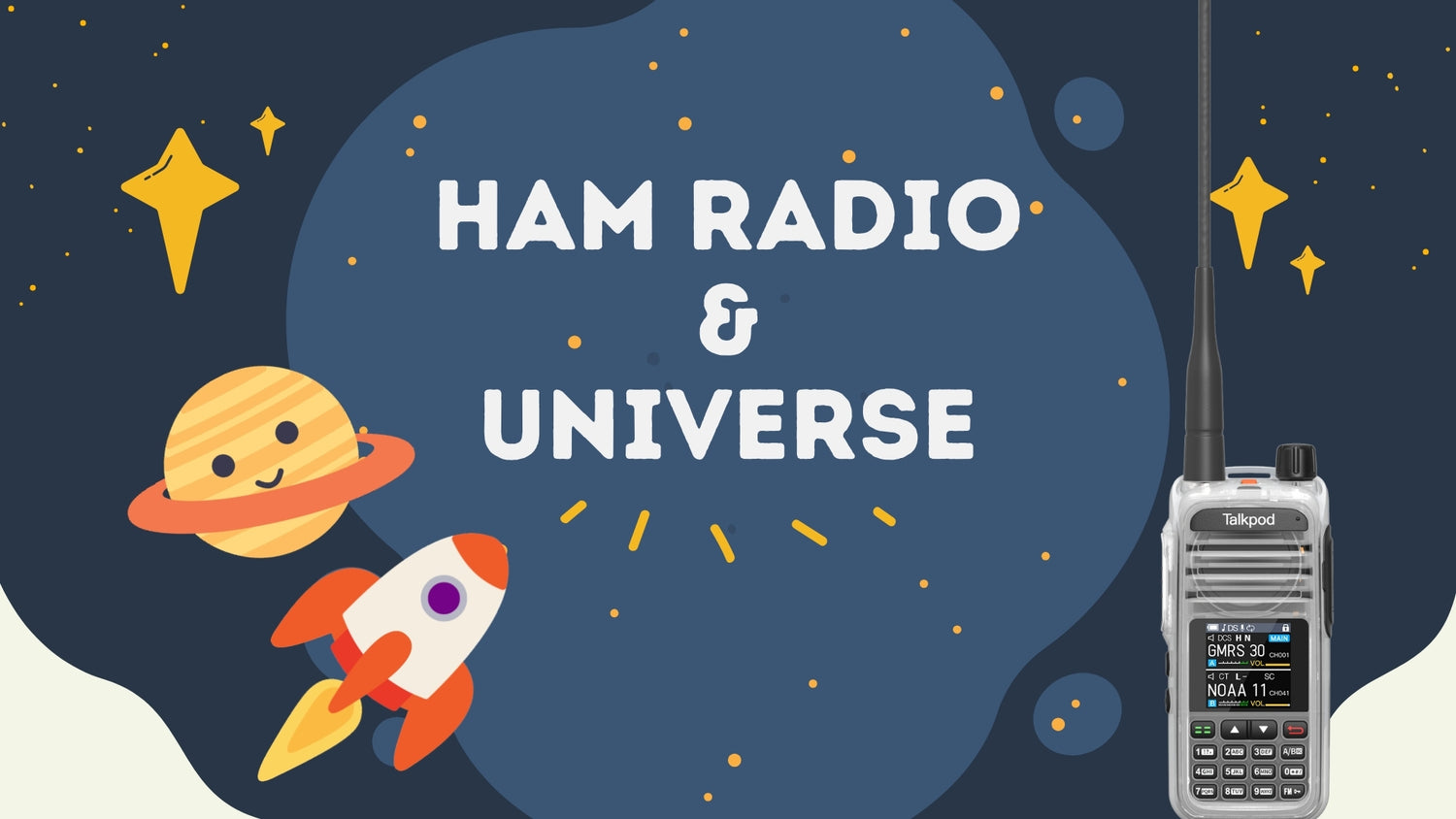
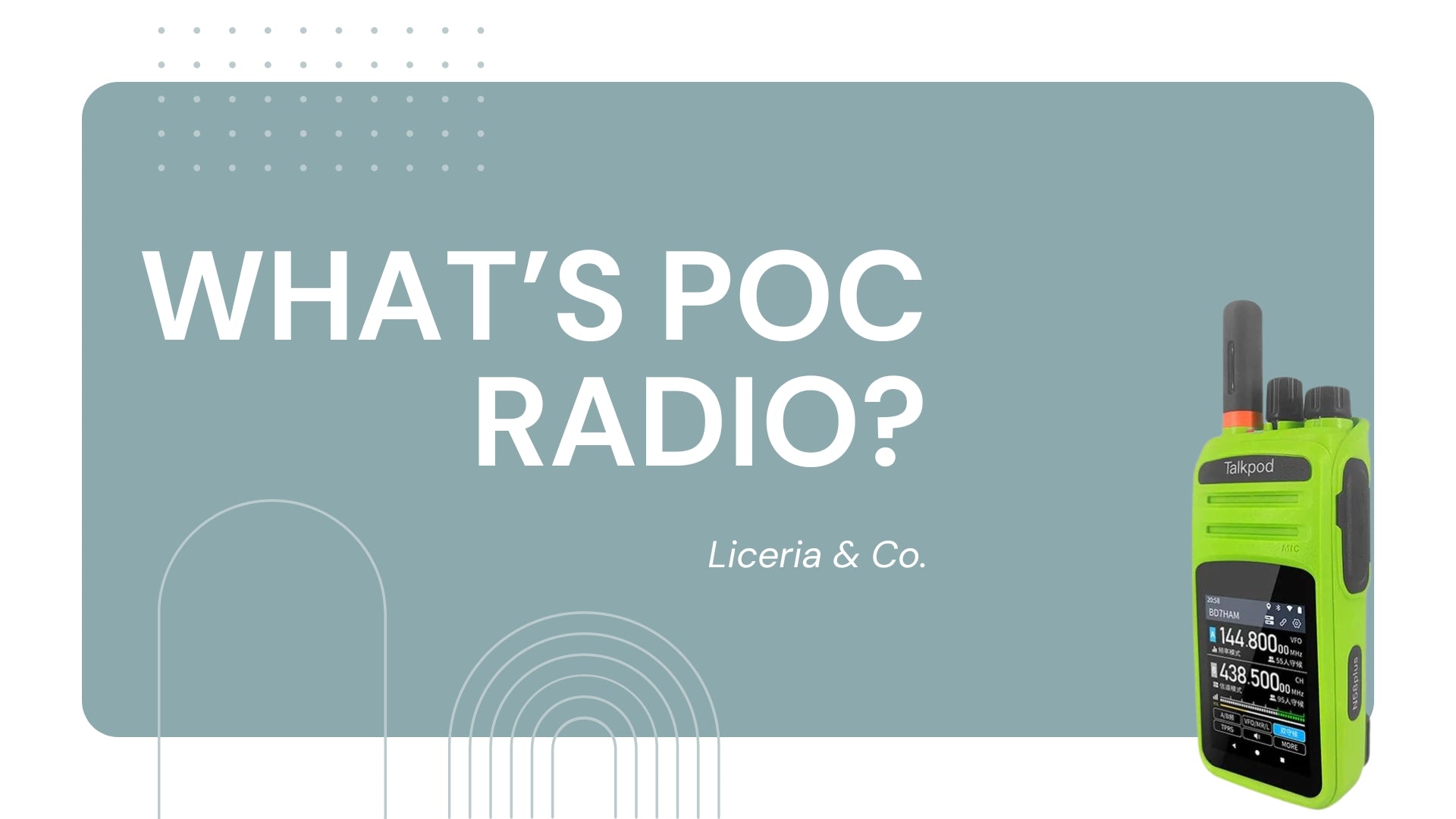

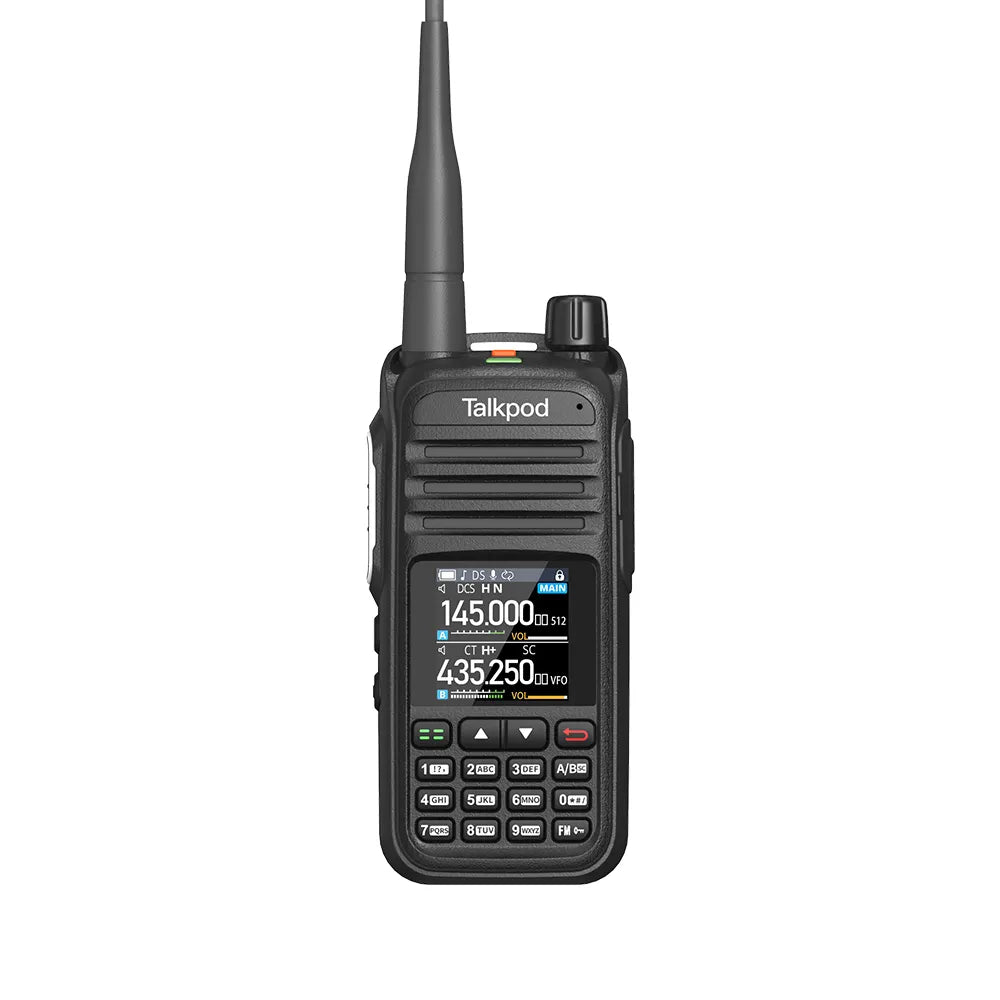
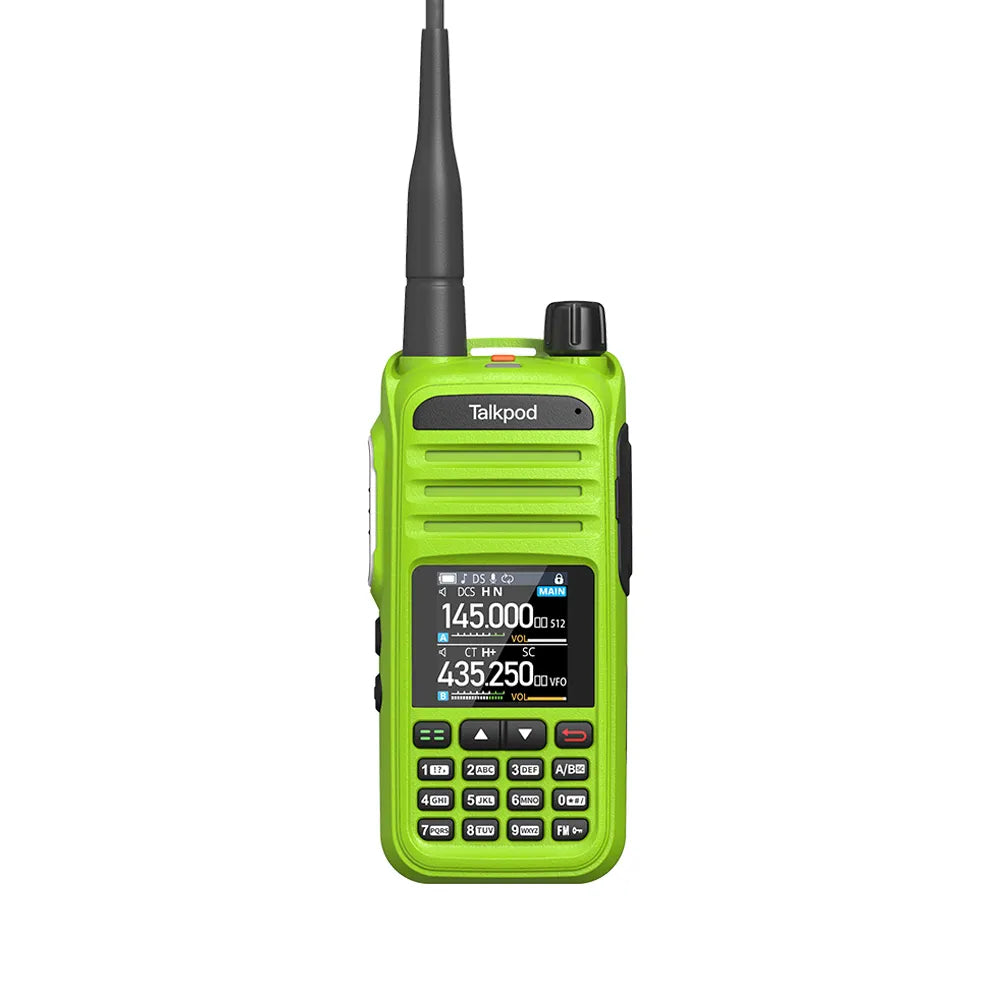


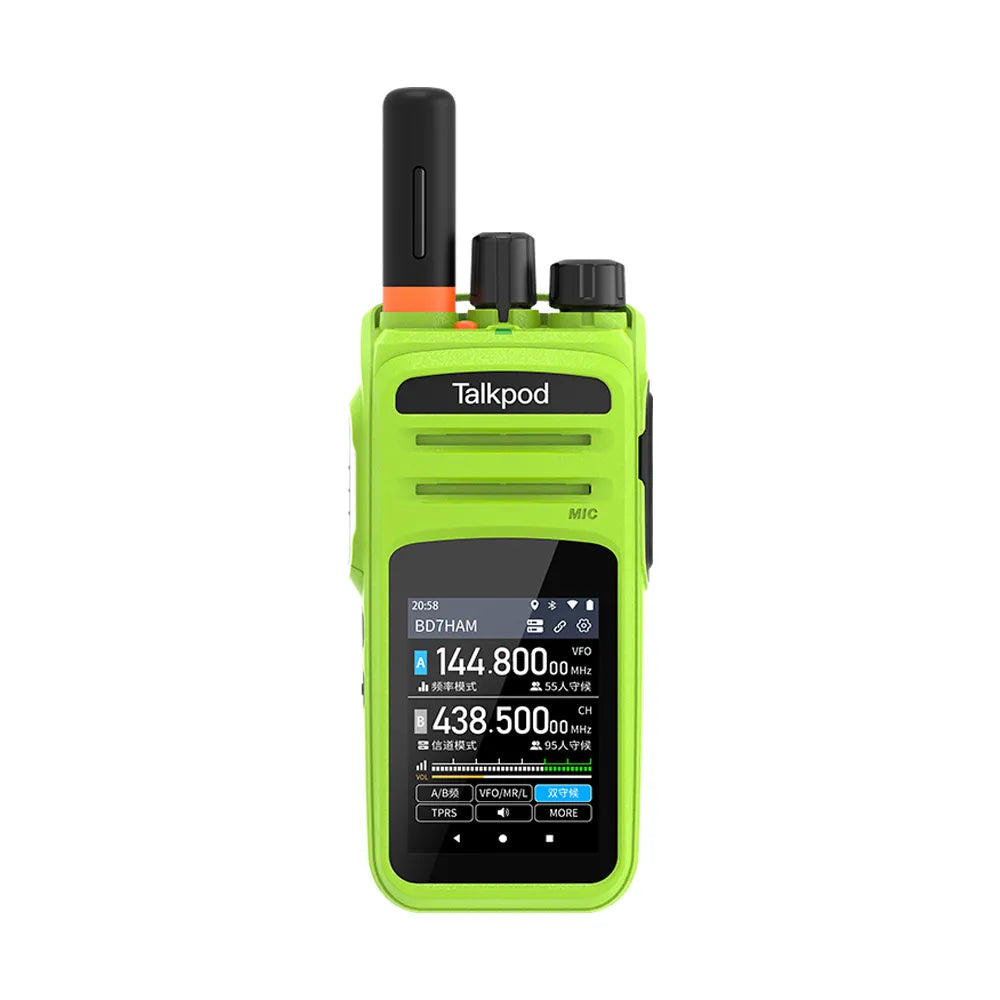
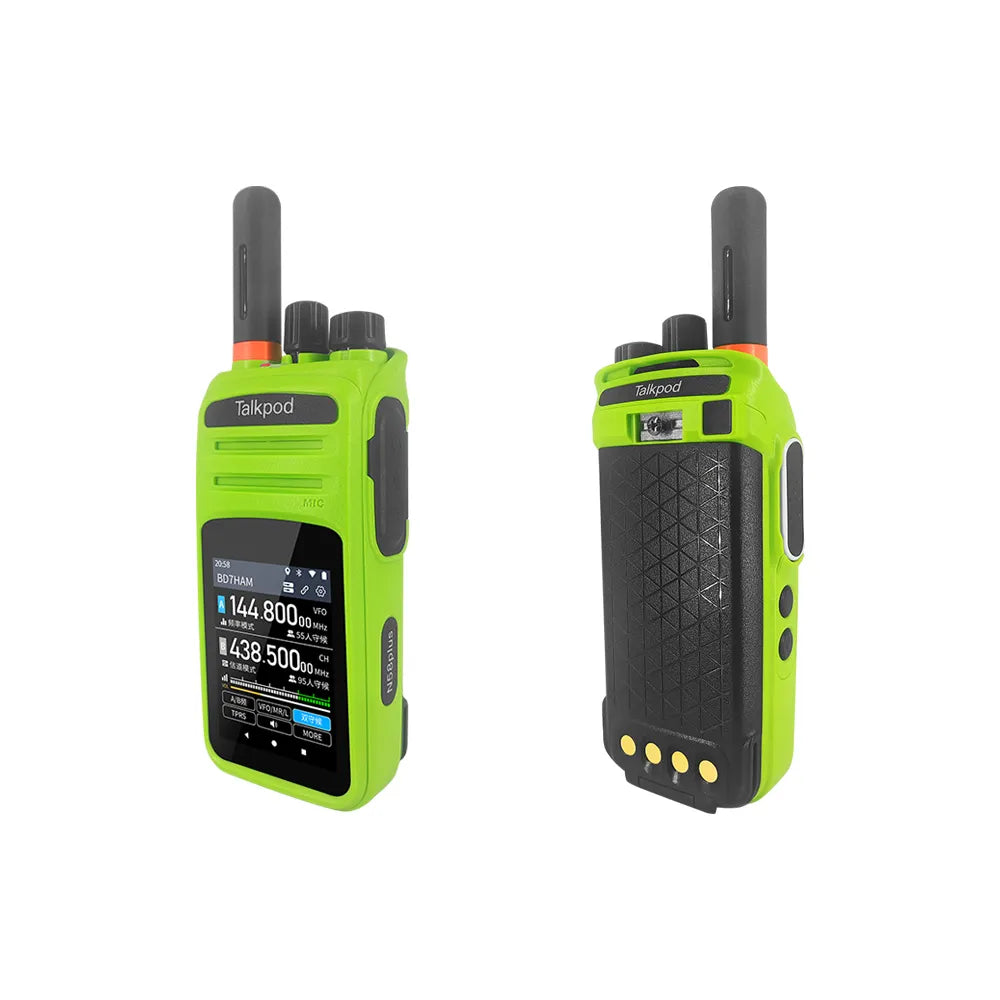
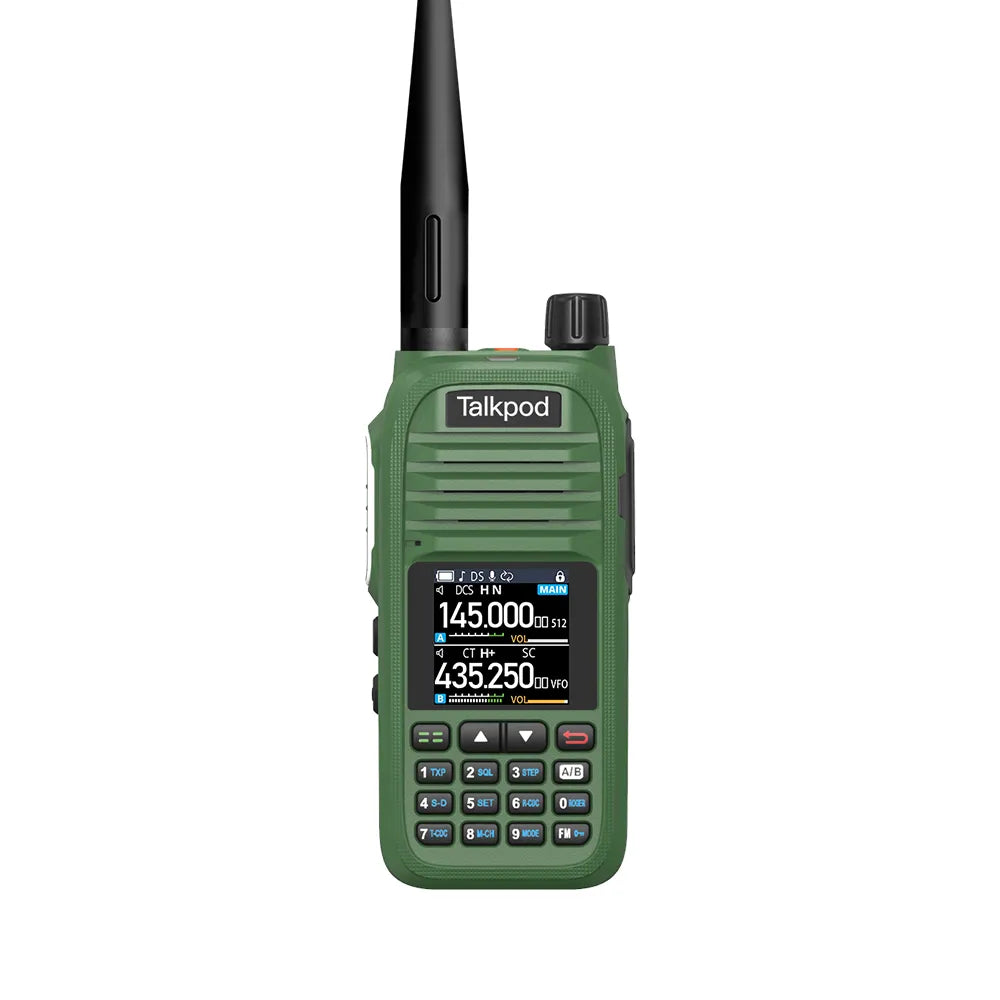
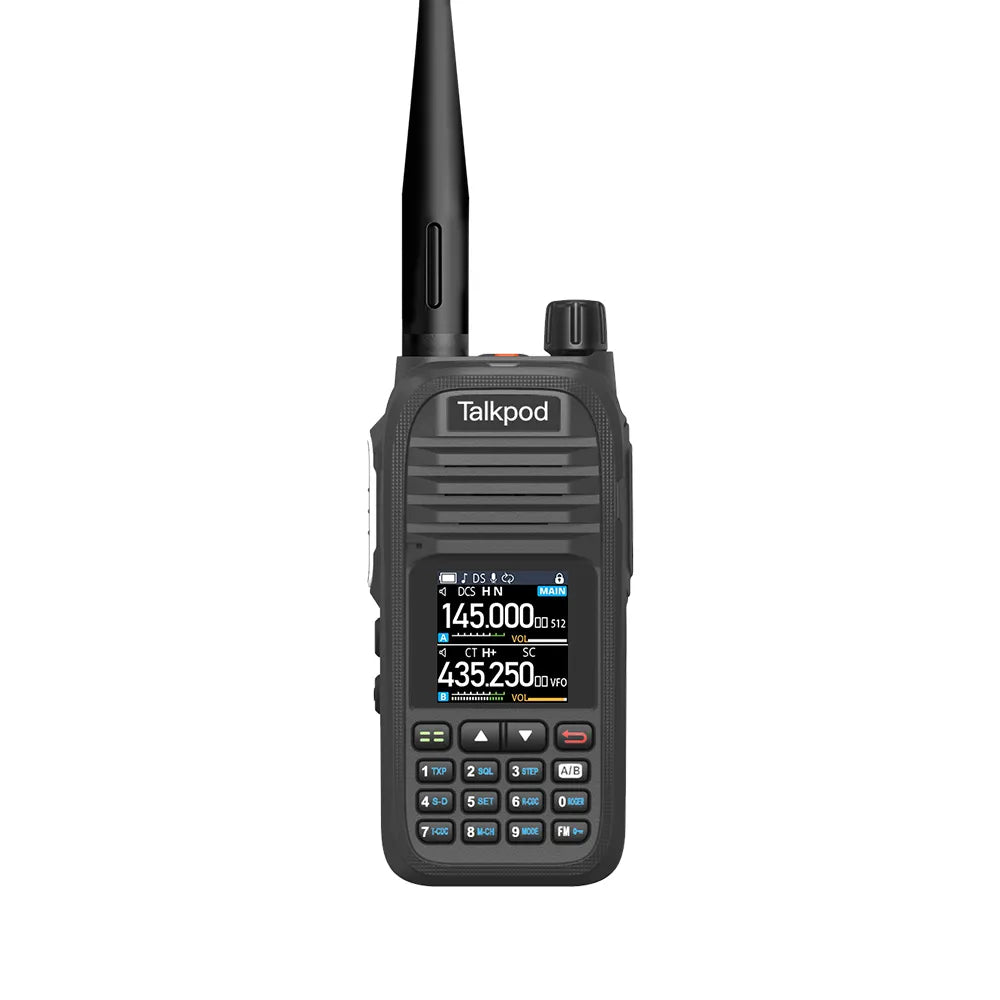
Leave a comment
All comments are moderated before being published.
This site is protected by hCaptcha and the hCaptcha Privacy Policy and Terms of Service apply.